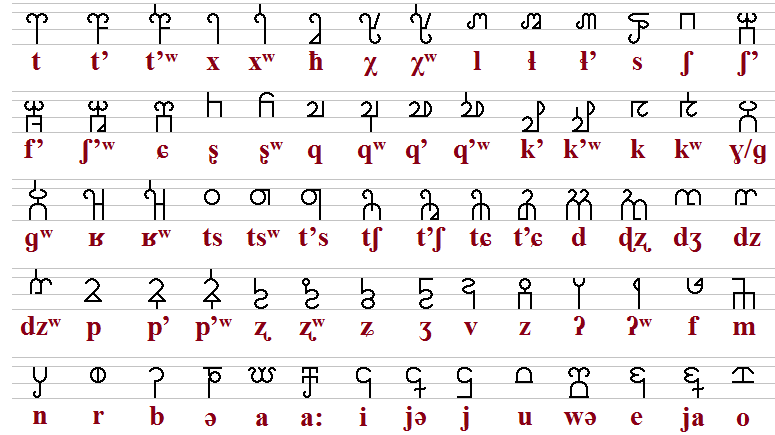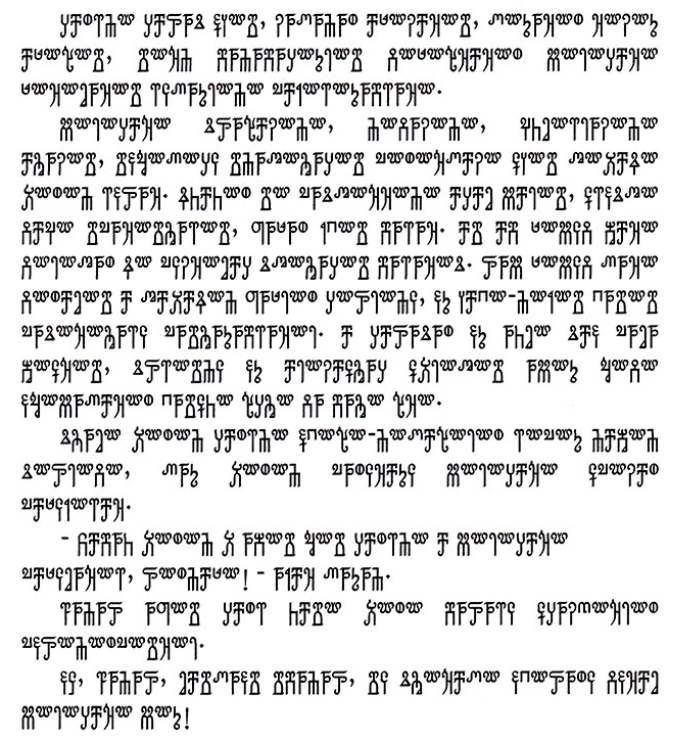Yim Yum!
Erika3sis
My mental MP3 player in response to this image decided to put on "Blumenkranz" from the Kill la Kill soundtrack
And when everyone's female... Muahahahahaha, no one will be.
I should clarify that I am not a parent nor a child psychologist nor anything else to that effect, I am only speaking from my own experience of being parented—
I remember being around that age and I had a similar problem of just watching absolute political slop on YouTube. My access to content was never restricted nor closely monitored, but when my mom caught me watching some reactionary bozo on occasion, she would just call it what it was — and then all of a sudden I found myself a lot less interested in that type of content. When she or others would point out the problems with what I was watching or the messages I got from the content, that showed me the "smoke and mirrors" of it. And insofar as I engaged in that content out of a desire to appear precocious... Well, realizing that I was manifesting the exact phenomenon that C.S. Lewis described in that famous quote of his about the "fear of childishness", and that my attempt to convince myself that I was more grown-up than I really was was collapsing in front of me, I just felt ashamed — but very specifically not humiliated.
So I think the best thing you can do is to understand what role these streamers really play for the child. Because it's probably not all wanting to be popular, it's probably not all wanting to appear precocious, and it's probably not all wanting to build an identity; just as it's probably not all noticing the ways in which they're genuinely getting screwed over, and acting on genuine frustrations, genuinely trying to understand why this is and what to do about it even with the limitations of their own lived experience; nor is it probably all learning about the world's issues and wanting to do their best to be a good person even about things that don't very obviously affect them personally.
Rather the child's enjoyment is in all likelihood probably some sort of blend of these or perhaps other things. If you can determine the composition of the blend, you will know where to strike to most effectively reveal the "smoke and mirrors", and make the child feel that sort of productive shame that causes actual self-reflection. You should aim to be like the elderly Hungarian-born immigrant saying "And that makes a difference, doesn't it?", if you're familiar with that old propaganda film: shame is a negative emotion that makes one want to avoid the cause of the feeling, and it should be your aim to make the child identify the cause of the shame to be the shameful thing rather than the one shaming.
I trust that you're on good terms with your child and only have good intentions, so I think that you will succeed. And of course I should reiterate that my own perspective is limited, and what worked for myself might not work for everyone.
This is going to sound really tedious, but what I'm trying to get at is this:
To justify that "no more or less than the author's lifetime" is the perfect length of time for copyright to last, you must at the same time justify that "more or less than the author's lifetime" is not the perfect length of time for copyright to last.
The time limitations of "0 seconds" and "until the heat death of the universe" are more and less than the author's lifetime, which means that you must justify why these are not the perfect length of time for copyright, just the same as any finite time limitation.
In other words, in order to justify that the author's lifetime is the perfect length of time for copyright to last, you must first justify both that copyright exists and that it expires. Hence, "What do you think the purpose of copyright is?"
It's from the answer to that question that you come up with criteria to judge time limitations, and it is from those criteria that you decide on an ideal time limitation. On the other hand, without an answer to that question, your beliefs have no actual basis beyond gut feeling.
Likewise, to criticize someone's understanding of the purpose or nature of copyright, is criticizing the criteria used for finding an ideal time limitation, is criticizing the favored time limitation itself. My first reply was then based on an assumption of what I figured you thought the purpose of copyright was.
What do you think the purpose of copyright is?
Frankly, if you're a small creator, copyright already doesn't really exist for you in any meaningful sense: because copyright is enforced through the courts, you only really have rights over your work to the extent you can actually pay the court costs of continually defending your rights again and again and again — and if you have that kind of money to spare you aren't exactly a starving artist.
I support complete abolition of intellectual property as a whole.
Say you want to write closed captions for a movie, or even film a sign language interpretation of it, such that d/Deaf people can enjoy the movie better, among other reasons — even if you don't post the movie itself, you're still creating a derivative work and hence violating copyright.
Or say you want to record an audio description such that blind people can enjoy the movie better, among other reasons — again, even if you release only the AD track, this is still a derivative work and hence violates copyright. This obviously also goes for audiobooks.
Or say you even want to make a full-on dub of a movie into an endangered language, to try to break the reliance of its dwindling speakers on dominant-language content — in this case, unless you've secured a deal with the rightsholders such that you have access to the original SFX and music tracks, your only choices are VO dubbing like is common in the Former Soviet Union, or painstakingly redoing all the sound effects and music, before you can add the dialog. In any case, without a license, you're still violating copyright even if you only release the dub track.
Now obviously the fact that these things violate IPR doesn't stop people from making these things anyways, but IPR does still end up greatly limiting volunteer work in scope and visibility, and creates an antagonism between the rightsholders and those volunteering to make the content more accessible. So intellectual property in practice then ends up being among other things yet another mechanism through which the sighted oppress the blind, the hearing oppress the d/Deaf, the settlers oppress the Natives, et cetera. There is no universe in which accessible media and intellectual property coexist: as long as there is intellectual property there is a profit motive, and profit motives will never prioritize accessibility.
And this is not to get into a greater discussion of how private property in general oppresses the working class, although I should disclose that I support the abolition of all private property and not only intellectual property by itself.
Nothing is exactly set in stone (no pun intended), but my current idea essentially involves updating the letter forms to be better suited for writing on paper, and I was also thinking of using a dot diacritic for voicing and umlaut, and having the staves be x-height normally but extend downward for doubled consonants.
Ideas that are more sort of "on the table" are whether to use monographs for ⟨sj⟩ and ⟨kj⟩ etc, and monographs for the diphthongs; whether to have an optional diacritic form of ⟨r⟩ to represent the assimilation of /r/ in Eastern Norwegian; whether to use the same letters for certain sounds in complementary distribution; whether to extend the usage of the dot diacritic to alternate between otherwise similar sounds, rather than only voice and umlaut; and whether the runes should indeed have staves at all.
The problem is that depending on how many of these ideas are implemented, and the ways in which they are implemented, you eventually end up basically abandoning the idea of "modern runes" in favor of basically reinventing Shavian script but for Scandinavian. So it's difficult to strike that sort of middle ground between ancient and modern, especially when trying to balance that with practicality of use and ease of learning. Another matter is of course which forms of runes to actually base the script on: if we stick to just Scandinavia, we have Elder Futhark, Younger Futhark, medieval runes, staveless runes, and Dalecarlian runes, and these often have very different letter forms from each other.
Bokmål and nynorsk without a space, yes.
I have thought about developing an alternate script for Norwegian/Scandinavian based on the old runes, really just because I think that would be fun and interesting, but insofar as I haven't done this yet, I don't know of any alternate scripts for Norwegian, and obviously there isn't much point in talking about English.
So I will instead share an alternate script for a language I do not speak: Circassian, or specifically West Circassian or Adyghe.
Father and son duo R. I. Daur and I. Yu. Daur together developed an alternate script for that language in I think 2012. The script was dubbed "Mifo-Circassian", and as I understand it, it's an attempt to give the Circassian language a more unique visual identity, by using letters based on old inscribed symbols — I think the emblems of clans more specifically — rather than using an adapted foreign alphabet like Latin, Arabic, or Cyrillic. Furthermore, Circassian has a very unique inventory of sounds that interact with each other in unique ways, that foreign alphabets can't really do justice, so this alphabet is more uniquely suited for the challenges that come with representing Circassian in writing. Mifo-Circassian writing seems like it may be used both alphabetically and alphasyllabically, but the alphabetic form is far more common.
Well, "more common", not that many Circassians actually do use this Mifo-Circassian script to begin with. Cyrillic, Latin, and Arabic have the benefit of being supported by Unicode and of also being used by neighboring languages, and they work well enough for representing Circassian. So it seems like the primary usage of Mifo-Circassian is not necessarily for communicative writing, but rather for more ornamental or artistic usage.


Pfft! Obviously elections in the USA are legitimate. After all, every single US state and electoral district is situated entirely on land that the USA legally annexed, right?